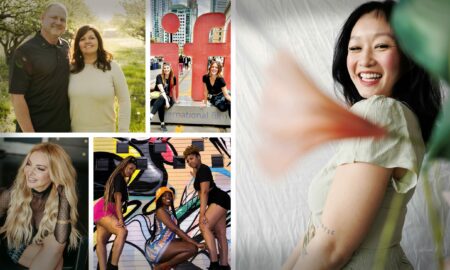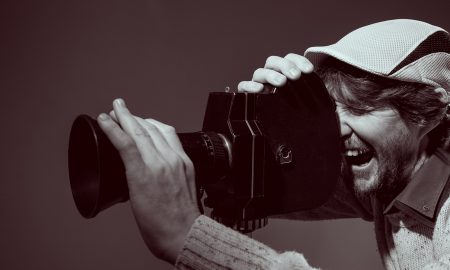

Today we’d like to introduce you to Derek Hoetmer.
Hi Derek, we’d love for you to start by introducing yourself
Drawing has always been the engine of my life, and landscape architecture allowed me to channel that drive with the challenge of designing cities. As a second-generation American with Dutch and Indonesian heritage, I grew up in Kansas with an atypical family of immigrants. My grandma is an avid gardener from Amsterdam, my father is a landscape architect, and my mother is a chemist, so my path to becoming an urban landscape architect now appears inevitable.
I followed my passion for drawing to Kansas State University’s College of Architecture, Planning, & Design, where I received my Master of Landscape Architecture. There, I began to understand the importance of cities. Land use and the built environment are causes of many of today’s societal issues. Planning, designing, and building great cities are a solution to these issues because they generate a stronger sense of community, promote public health, and utilize natural resources more responsibly.
After graduation, I was privileged to spend my formative professional years working under some of the leading landscape architecture practitioners in the country while living in the progressive U.S. cities of Portland, Seattle, New York, and Philadelphia.
My aim was to bring this experience back to the Midwest, where I opened MCLV (formerly HOET), a Kansas City landscape architecture and urban design practice. Since opening in 2019, I’ve been fortunate to mentor under my father, Larry Hoetmer, and partner with my long-time colleague, Kevin Cunningham, both outstanding landscape architects in their own respects.
Together, we are MCLV.
Can you talk to us a bit about the challenges and lessons you’ve learned along the way? Looking back would you say it’s been easy or smooth in retrospect?
I can’t recommend starting a business on the eve of a global pandemic, but COVID certainly played the antagonist role in our initial chapter.
Opening a firm in a city where we had no network or professional experience would have been much easier to overcome had social distancing never happened. Thanks to previous relationships and a great deal of luck, we found work both regionally and abroad.
Our biggest obstacle has been applying our past coastal experiences to a small business in the Midwest. Working for large private firms with vast institutional resources, renowned design reputations, and projects with generous budgets, the challenge is scaling these lessons learned to an operation of a few people in a conservative market.
It isn’t apples to apples, but we’ve enjoyed the challenge.
Appreciate you sharing that. What should we know about MCLV?
The profession of landscape architecture isn’t as universally understood compared to our peer professions, such as architecture and engineering. Landscape architecture is the planning and design of outdoor space. MCLV is a landscape architecture firm that specializes in reimagining urban outdoor spaces.
We work with institutions, agencies, businesses, developers, and organizations to realize the potential of outdoor spaces through design. We apply our experience of delivering projects of exceptional design quality to every project, including plazas, parks, streets, rooftops, waterfronts, and redevelopments.
Most importantly, we strive to ensure our actions speak louder than our words. We are deeply committed and involved in our community in Downtown Kansas City. We’ve chosen to live and work downtown because enhancing the urban experience is our passion and the foundation of our values.
What do you like and dislike about the city?
I appreciate that Kansas Citians have a strong sense of civic pride. Regardless of what neighborhood, suburb, or state people live in, many claim Kansas City as their home. The “KC” brand is everywhere.
I hope we can evolve this sense of civic pride and translate it into the built environment. Kansas City, and the U.S. as a whole, have lost a lot of humanity through decades of poor decision-making. Much of the city is designed to be experienced inside machines, specifically personal vehicles, and not outside in the community.
Personal vehicles demand a lot of space for movement and storage. In exchange for this demand for vehicular space, cities have sacrificed space for humans, such as sidewalk cafes, neighborhood parks, bicycle lanes, and shade trees. This loss of humanity grows when we create parking lots and garages instead of homes, shops, and offices.
As a result of this exchange, our culture has prioritized machine space over human space. This vehicle-centric culture is changing, but we have a long way to go.
Contact Info:
- Email: [email protected]
- Website: https://www.mclv.co/
- Instagram: https://www.instagram.com/mclv.co/
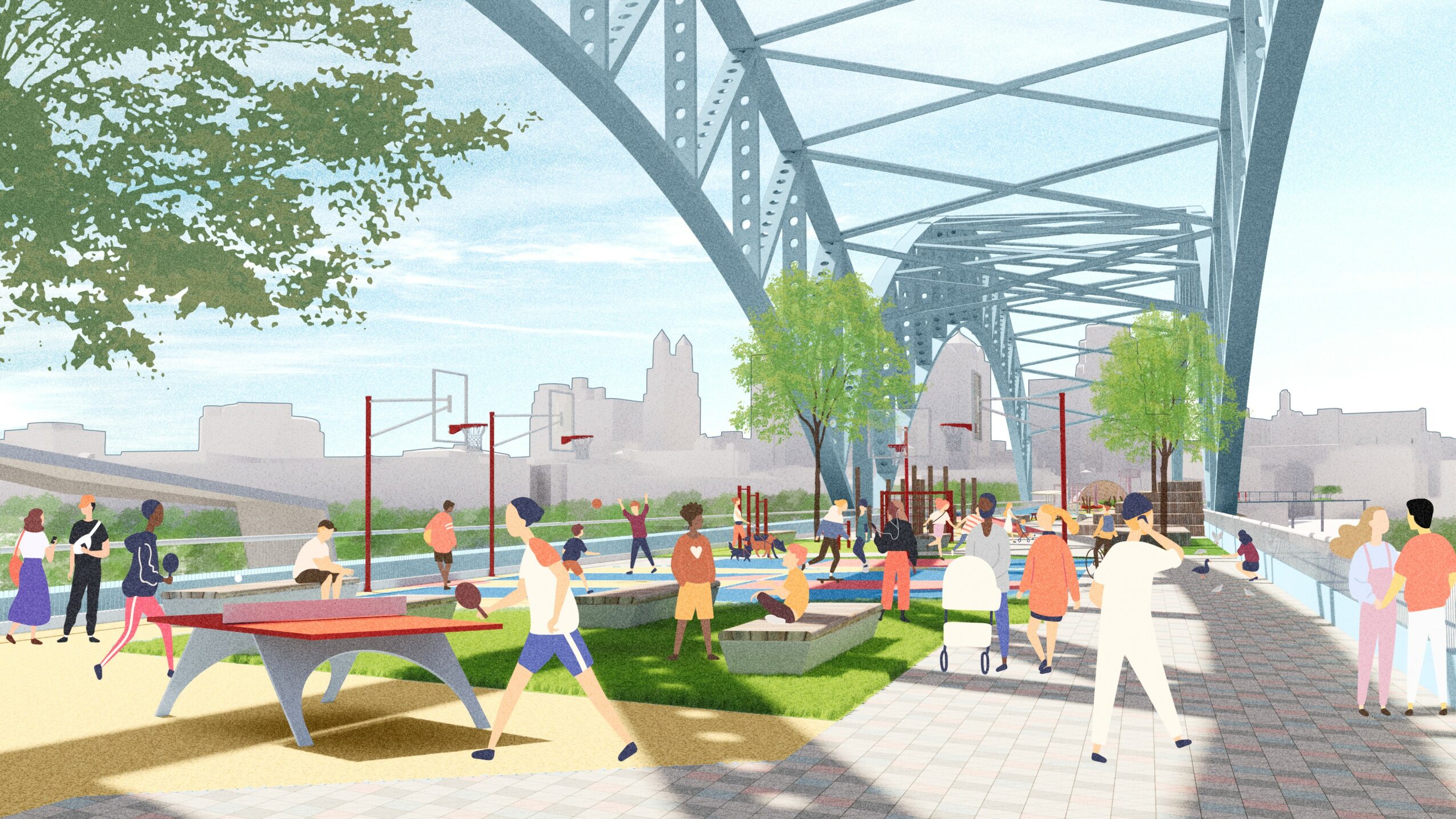
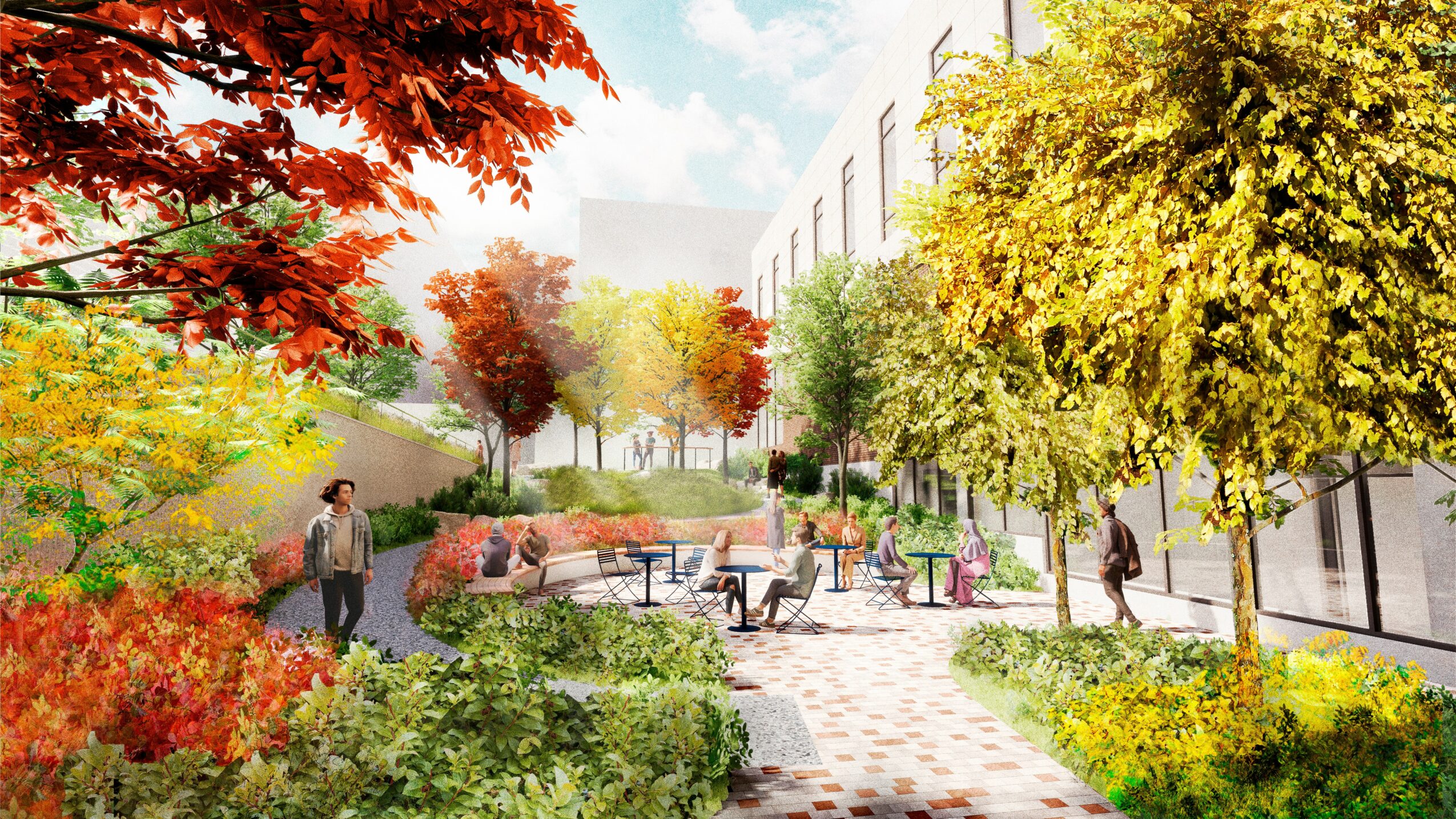
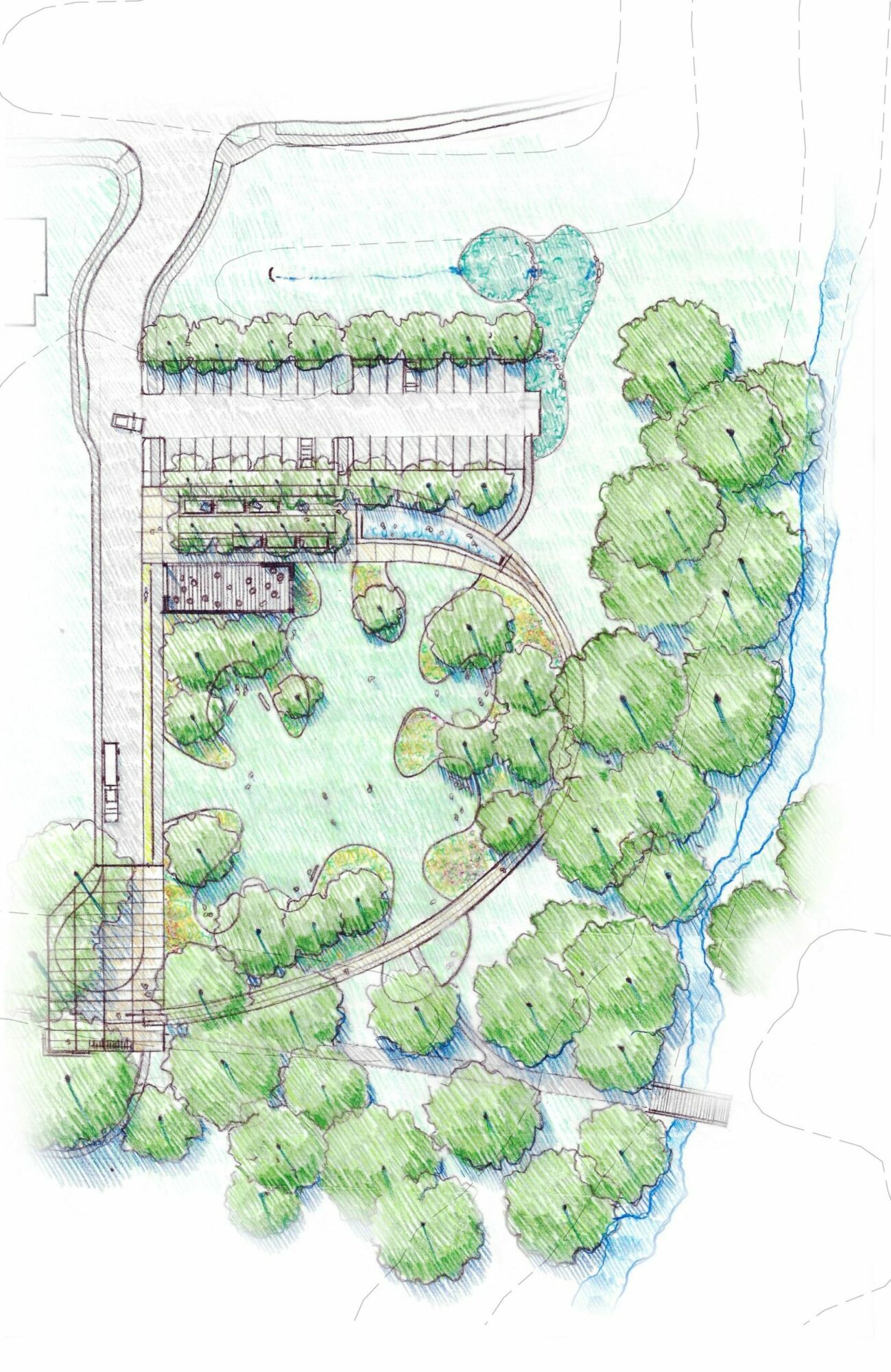
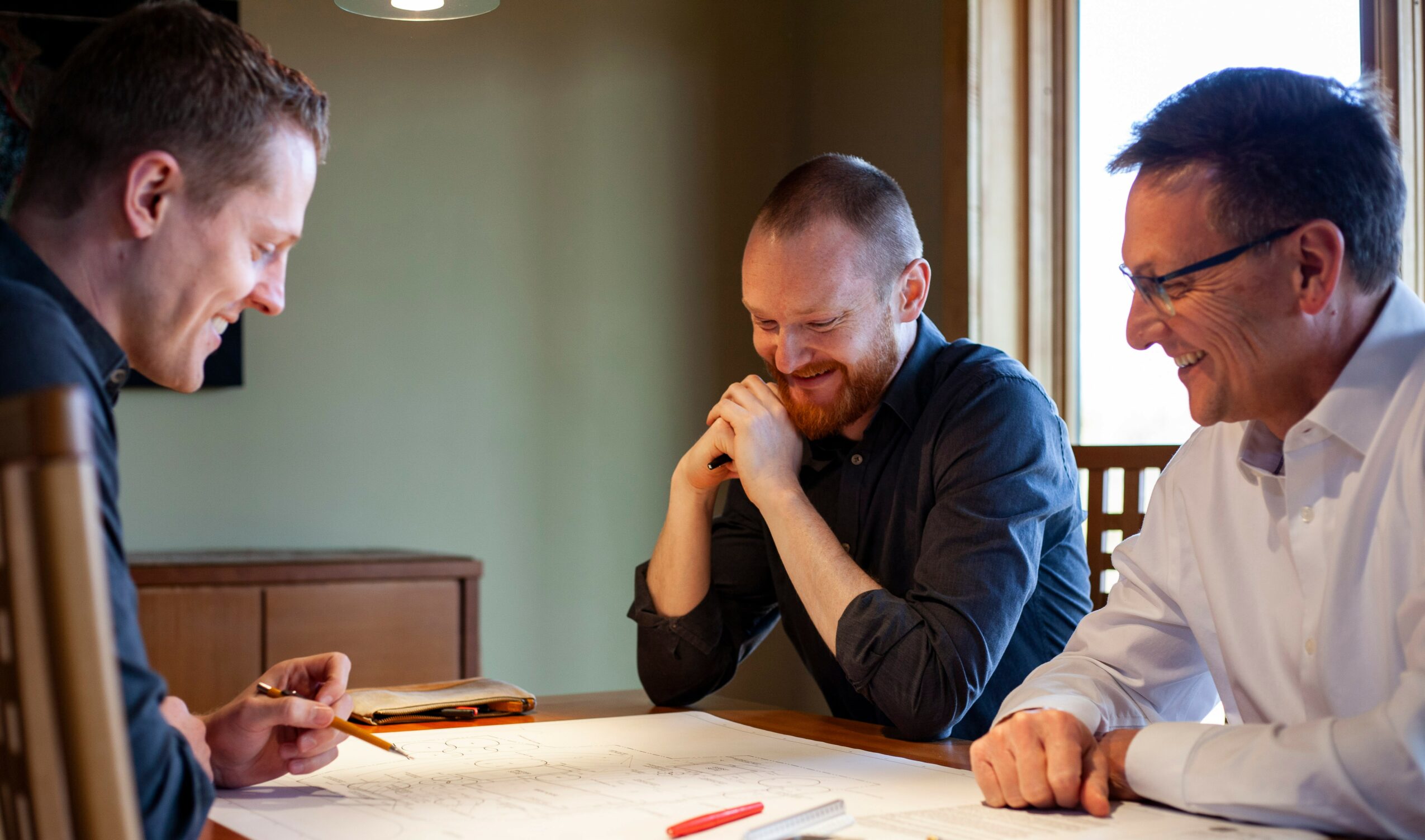
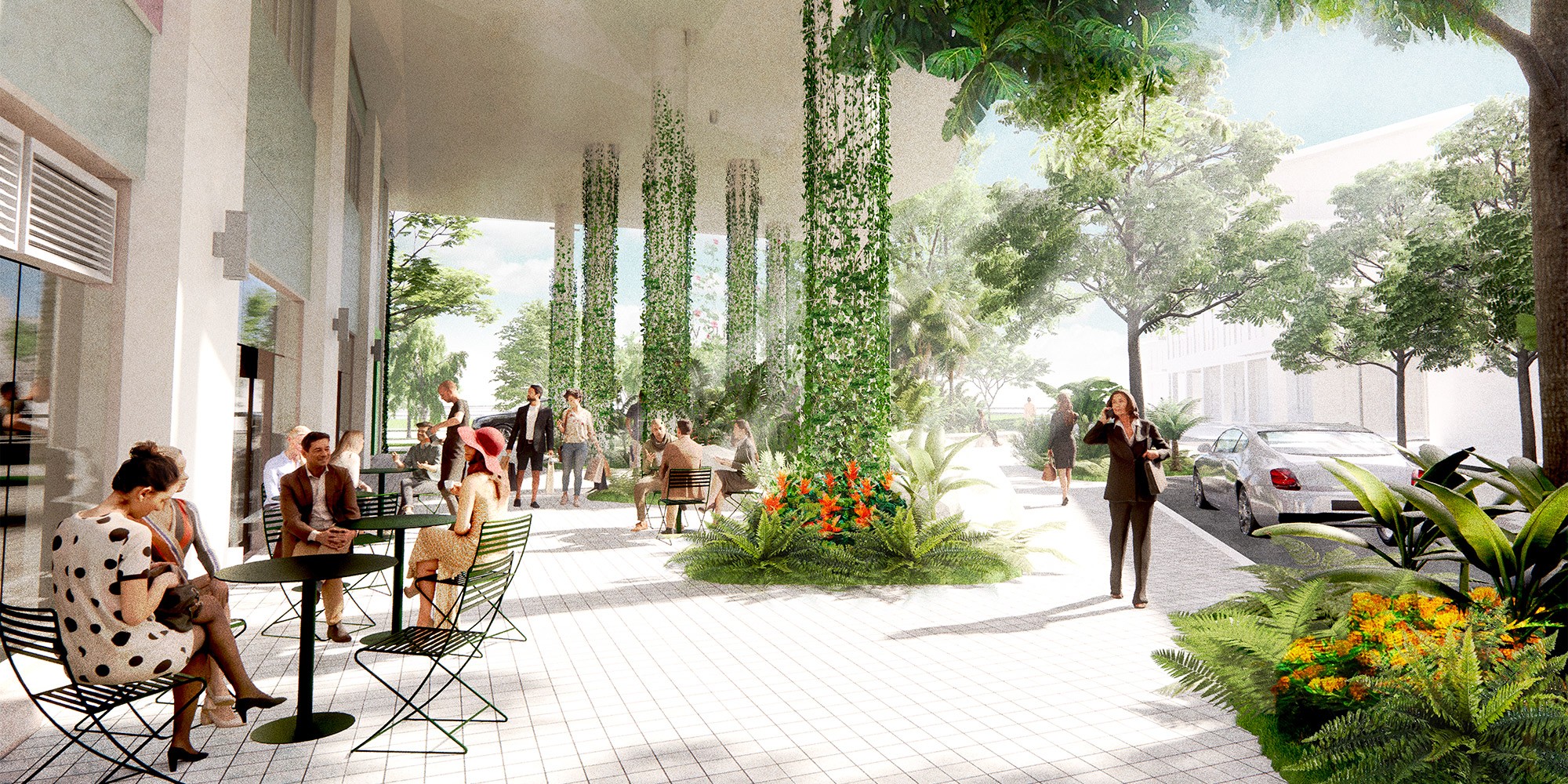
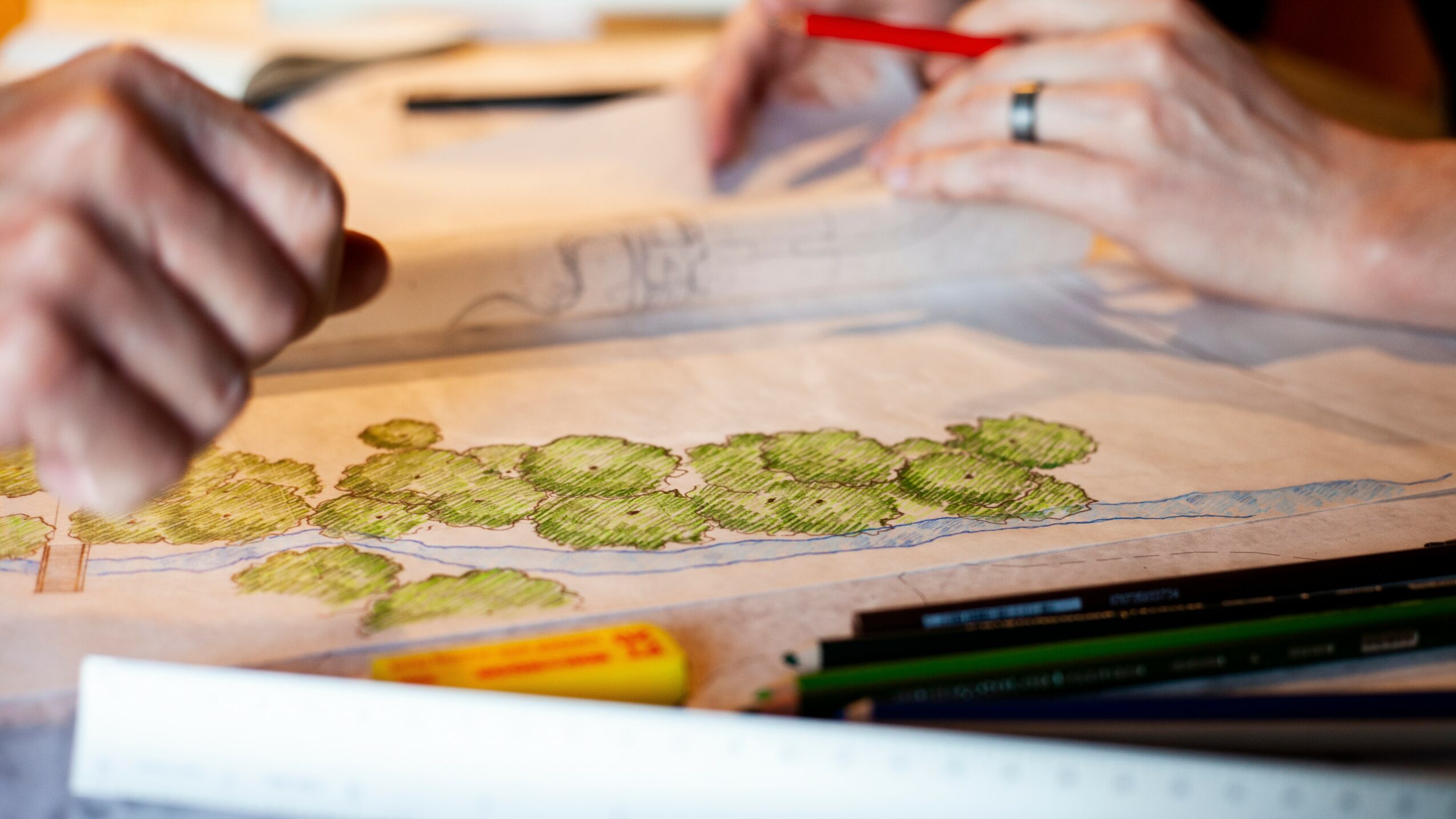
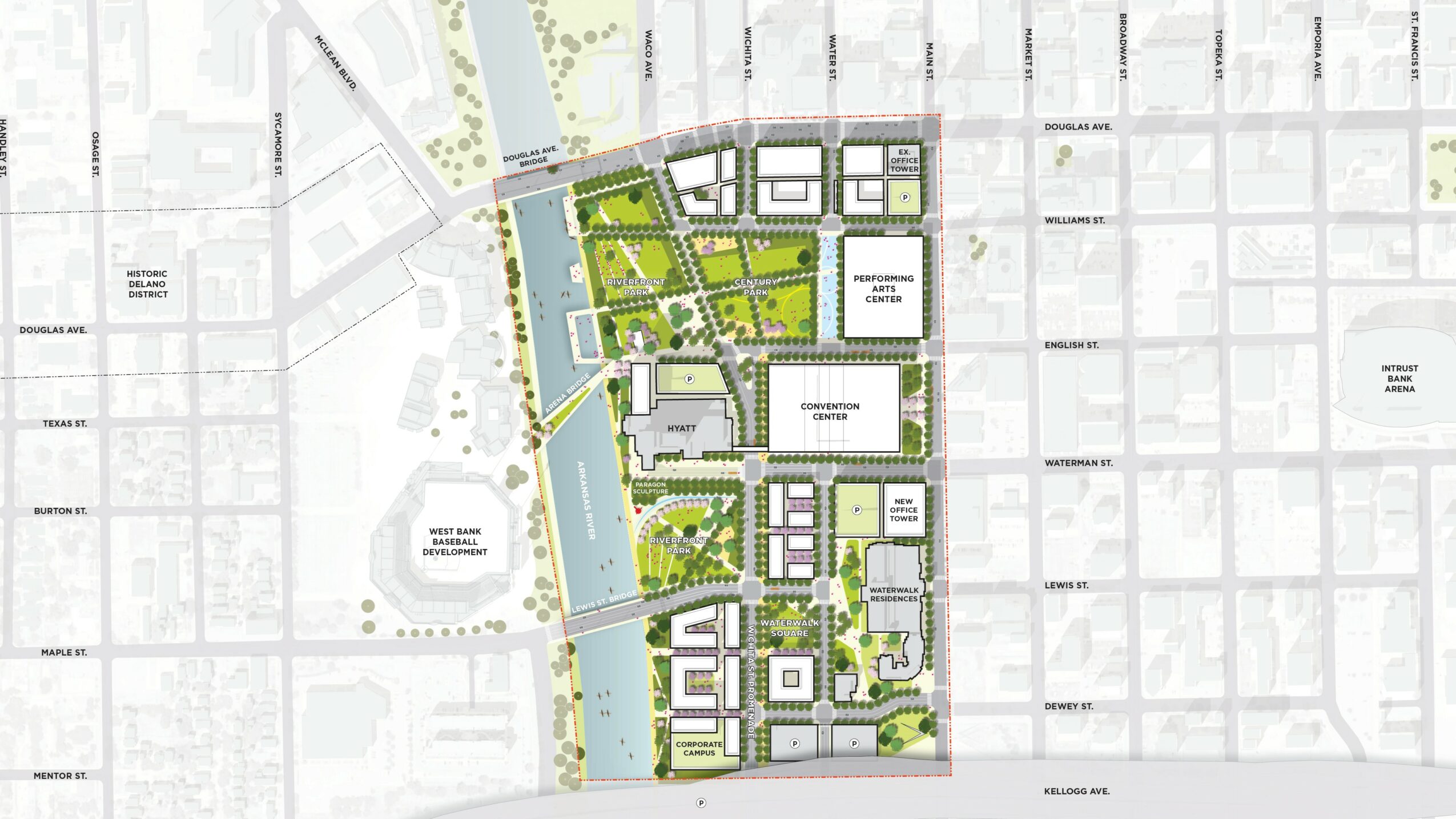 Image Credits
Image Credits
©Poppe Photography, ©MCLV and ©OLIN
DEREK HOETMER
PRINCIPAL / PLA / ASLA / LEED AP BD+C
MCLV

